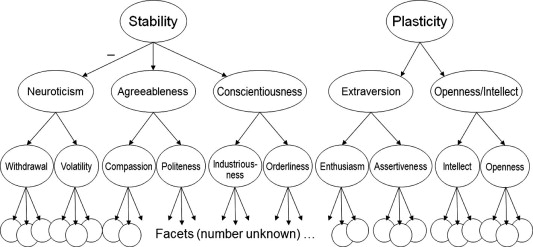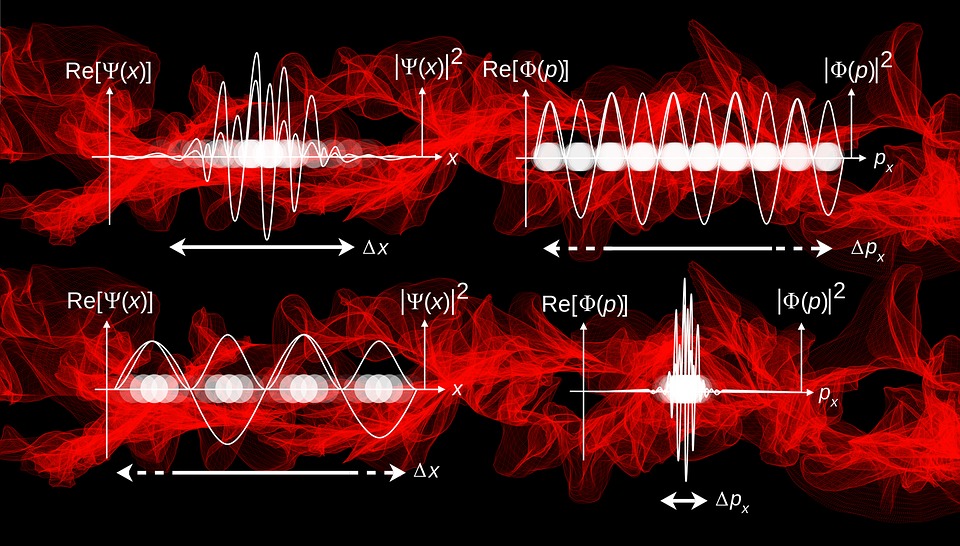Encyclopedia
-

Personality
—
by
Most people think that players have personality in just the same way you and I have a personality. But personality doesn’t exist. Our languages confuses personality with evolutionary behavioral patterns. This has been found out by professor DeYoung with his Cybernetic Big Five Theory. (CBFT) The Big Five Theory is the most accepted scientific way…
-
Possible
—
by
Many analysts declare that something is possible. But possibility is very cheap and ought to be avoided if it can not be quantified in terms of probability. Whenever an analyst states that something “can” happen, then you ought to be really on your toes. Because anything you can think of can happen. It can happen…
-

Potential
—
by
Talk about the potential of a player is cheap because a player’s potential is the best that can ever happen in principle. Yet, everything that you can think of, including the very best, has a probability of happening. Unfortunately, for most players the chance of reaching the very best is very small. So all talk…
-
Predictability
—
by
Predictability is a function of complexity. The more complex the attack, the less predictable it is for instance.
-
Prediction
—
by
Prediction is the wrong word to use. Nevertheless, I use it myself also as the correct word – prevision – is not yet known enough. The problem with prediction is that prediction suggests that one knows the future with absolute certainty. Whereas in reality you only see a future that is a possibility and has…
-

Predictive theory
—
by
Predictive Theory (PT) is a theory by philosopher Andy Clark that states that our brain is a Bayesian brain that foresees the future. Basically, there are two parts to the brain. The first part processes sense data. The second part processes our expectation of what we expect to sense. The brain then checks to see…
-
Primary statistic.
—
by
The primary statistic is the probability that a player is able to contribute to the team. See probability for an explanation
-

Probability
—
by
Probability is the strength of your believes. Few people understand probability and understand what this entails. Our scientific understanding of probability has been developed by professor De Finetti. He came up with (independently but around the same time as Frank Ramsey) the idea that our probability estimations reflect how strongly or weakly we believe that…
-

Responsibility
—
by
Responsibility doesn’t really exist. Responsibility is an abstract concept. Yet, unlike some other often used concepts, responsibility is very useful. Because responsibility doesn’t really exist, in reality you can’t have it. Nevertheless, even though you never really have responsibility, either for your own actions, events you are mixed up in or the actions of others,…
-

Result
—
by
Any match where a single goal would have changed the final outcome probably has a larger than average luck factor. All draws are quite lucky in this sense. Of course it could be the case that a draw had very little luck involved. Or that a team won 1-0 and never got into any danger.…